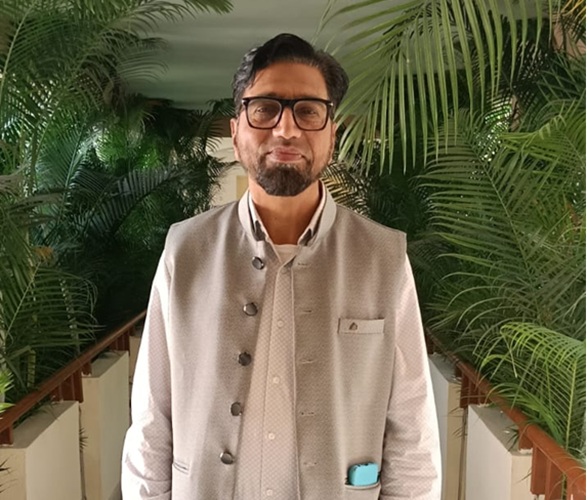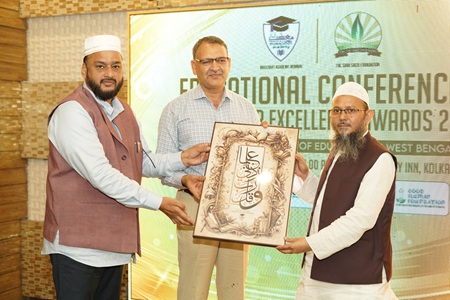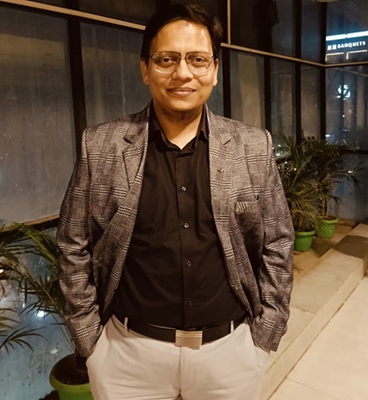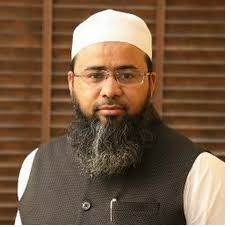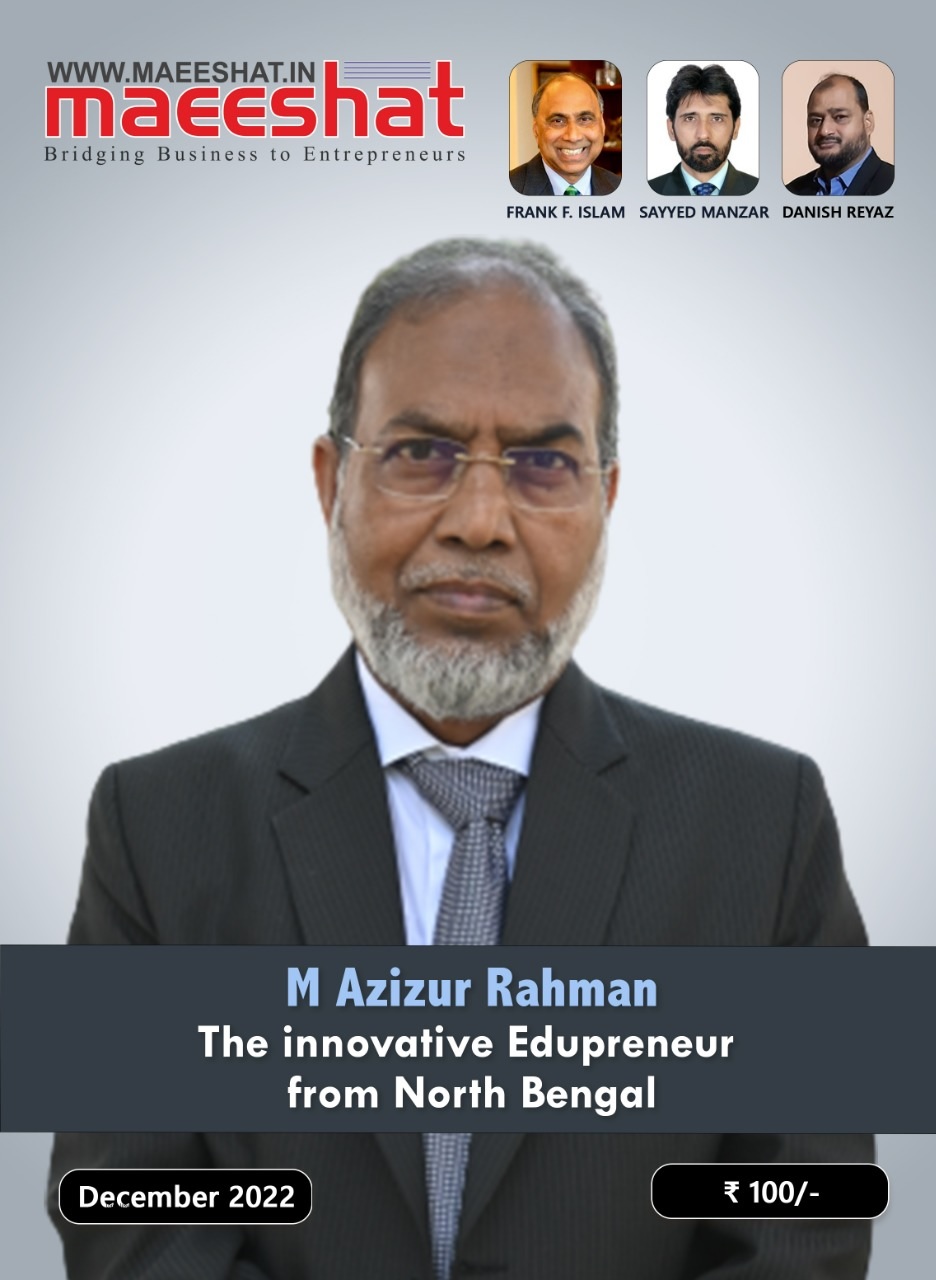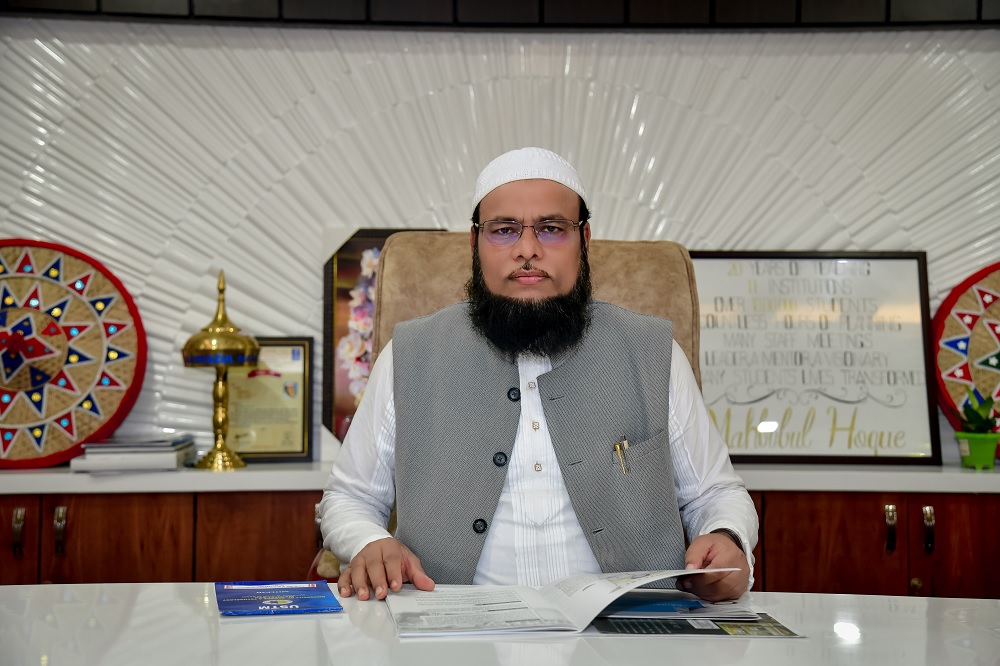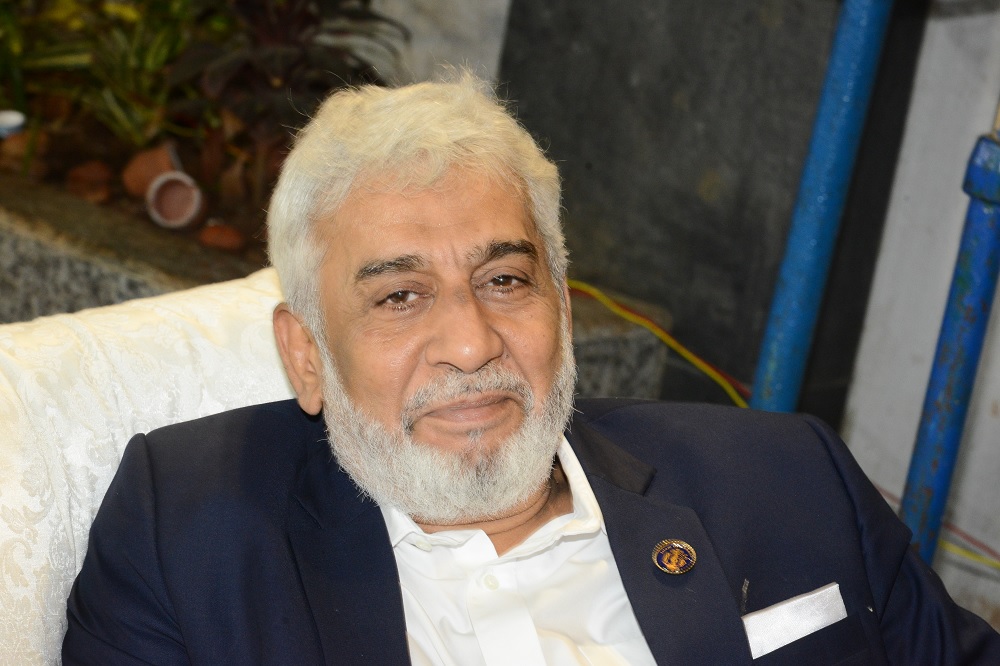Professor Dr. Siddiqui Mohd. Mahmood is a renowned figure in the field of education, both nationally and internationally. With a career, spanning decades, he has made significant contributions to shaping the educational landscape in India. Currently, he serves as a...
